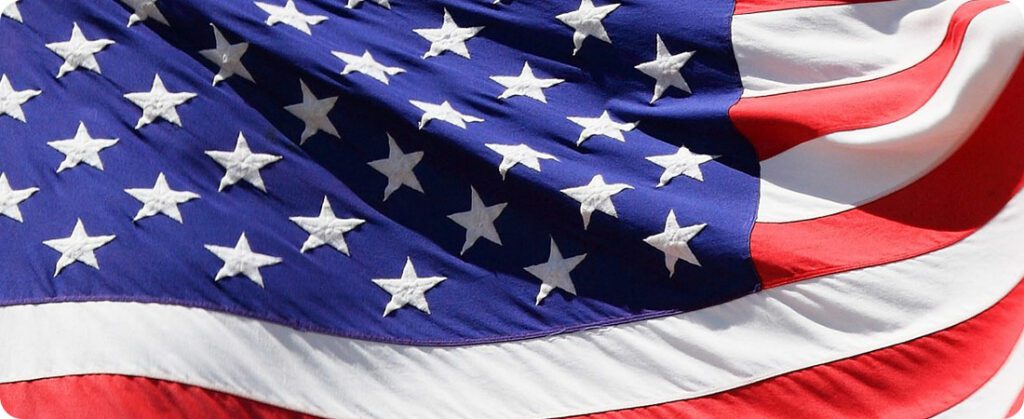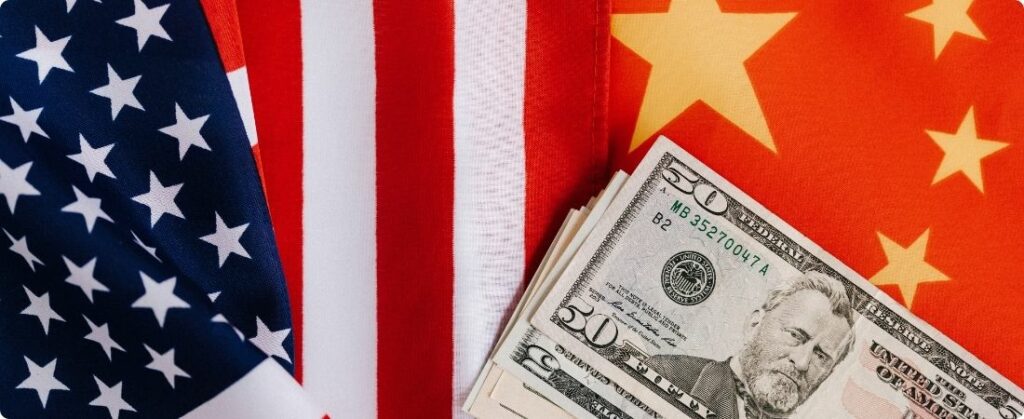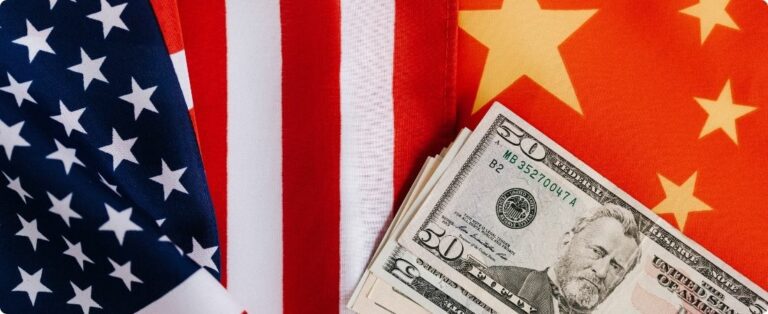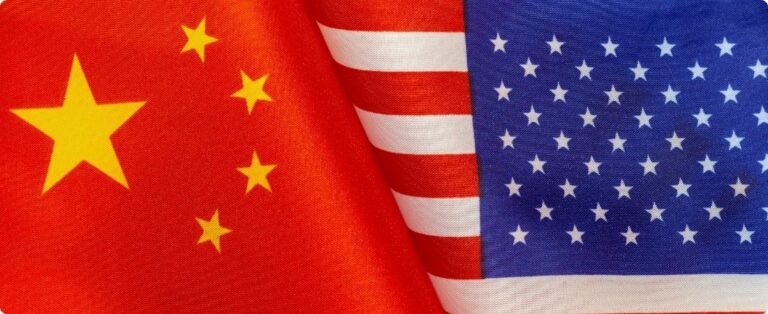
The government of US President Donald Trump will consider reducing tariffs on products imported Chinese products pending negotiations with Beijing, a source familiar with the matter said on Wednesday, adding that no action would be taken unilaterally.
The source's comments came after a Wall Street Journal report that the White House is considering cutting tariffs on Chinese imports in a bid to ease tensions.
Tariffs on China could fall from the current level of 1,45% to between 50% and 65%, the newspaper reported, citing a White House official.
“We will make a fair deal with China,” Trump told reporters on Wednesday, but did not address the specifics of the Wall Street Journal report.
Trade impacts and status of negotiations
White House spokesman Kush Desai said any news about tariffs is “pure speculation” unless it comes directly from Trump.
The tariff levels outlined in the Wall Street Journal story would likely still be high enough to halt a significant share of trade between the world’s two largest economies. German shipping company Hapag-Lloyd said on Wednesday that 30% of its U.S.-bound shipments from China had been canceled.
China retaliated with tariffs of 125% on US imports, along with other measures.
U.S. Treasury Secretary Scott Bessent said both countries considered current rates unsustainable. However, he said there was no timetable for when negotiations could begin.
Separate talks between the two countries on combating the fentanyl epidemic have yet to yield results, sources say.
Alternatives under discussion and global repercussions
The Wall Street Journal reported that discussions remain fluid and that several options are on the table. One would be a tiered approach similar to one proposed by the U.S. House of Representatives committee on China late last year: duties of 35% for items the U.S. does not consider a threat to national security and at least 1,00% for items deemed strategic to U.S. interests, some of the people said. That bill proposed phasing in the duties over five years.
In addition to the hefty tariffs on China, Trump also imposed a blanket tariff of 10% on all other U.S. imports and higher taxes on steel, aluminum and automobiles. He suspended targeted tariffs on dozens of other countries until July 9 and slapped additional sector-specific levies, including pharmaceuticals and semiconductors. That has rattled financial markets and raised fears of a recession.
The International Monetary Fund said on Wednesday that the tariffs would slow growth and boost debt around the world.
Source: Trevor Hunnicut, Ryan P. Jones, Gram Slattery and Pretish MJ | Notícias Agrícolas













